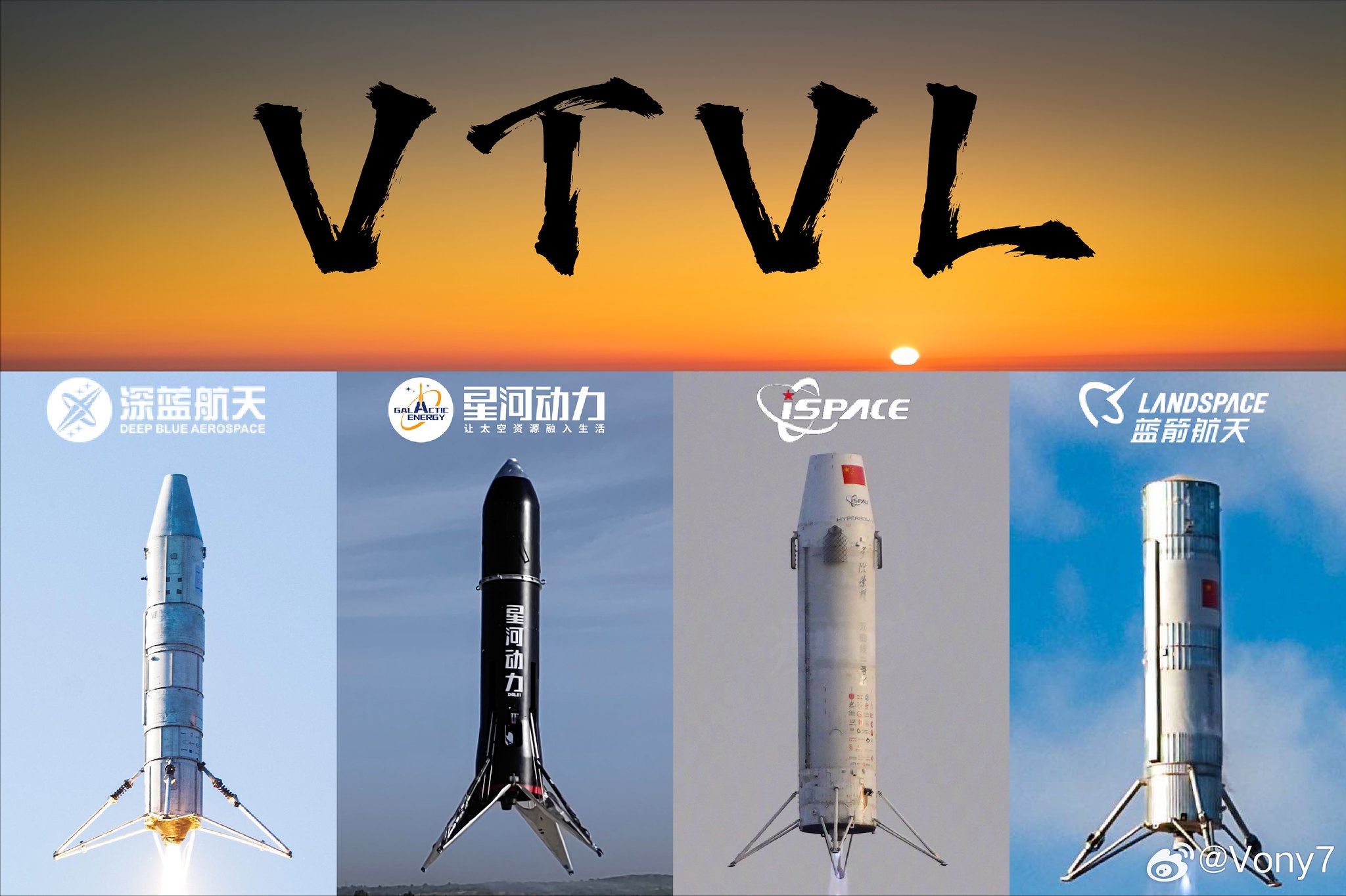Okay so thinking long term here. If Chinese private companies do succeed beyond our wildest dreams and completely upstage the government agencies, what will China do? For example, if a company manages to get something akin to the LM-9/Starship into orbit and landing by 2030, long before the LM-9 launches. Or if they come up with a a rocket rivaling the LM-10 and capable of reuse before the LM-10 gets into orbit. It's not impossible, if Space pioneer can get the TL-3 into orbit this year and land it by 2025, their development speed will make SpaceX look slow and the TL-3 will be the 2nd most powerful rocket in China.
Will they slow or abandon plans for the LM-9? Or just forge ahead with the LM-9 despite there being alternatives? Will they allow this private rocket companies to launch national prestige missions like the lunar missions?
In many ways China has been relatively forward thinking in its space industry compared to other traditional incumbents around the world.
Their reforms to enable commercial companies to do launches were fairly practical and fairly fast (certainly compared to non-US nations), and a degree of state-commercial cooperation is part of the reason why those commercial companies have been able to advance decently quickly.
Even for rockets like CZ-10/A, we heard in the last few days that they were intending to do launches starting in 2025-26, which seems like a rare case of actually bringing forward their plans for it, so I also wouldn't rule out current under-development rockets (CZ-10/A, CZ-9) potentially having their developmental trajectories reworked and to try and speed things along, in context of the speed of development demonstrated both abroad and domestic.
If a genuine commercial competitor to CZ-9 does emerge prior to the actual CZ-9 becoming viable, then I think it just becomes a matter of whether a competitor has the technical parameters to achieve the missions they want (human rating etc), and I think the government would be pragmatic enough to get them involved in prestige projects, and the fact that other nations like the US have been the first to allow it should provide a lower perceived barrier/prestige in involving commercial entities.
Heck, even in the long term, China's beyond-earth efforts into the more distant future (ILRS for lunar, and other planets, asteroids etc) are likely to involve commercial entities anyway, so if there are no technical barriers to have commercial rockets involved with launch, I see no reason why they would hesitate.
Going forwards I expect things like lunar missions and even missions to other planets/asteroids, to quite quickly lose their prestige anyhow, if that is even a factor.


























